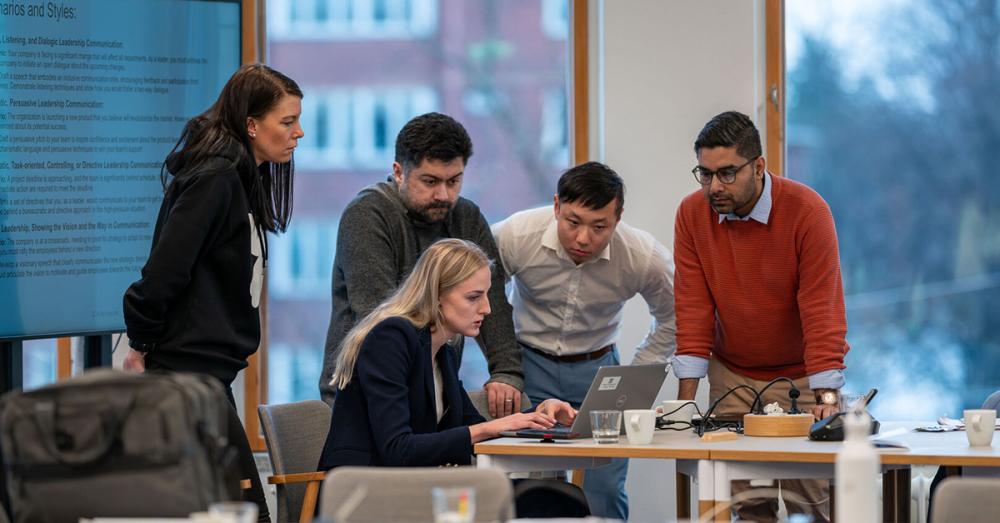Managing Technical Debt
Managing Technical Debt
Managing Technical Debt training is designed to equip organizations to understand the concept and challenges associated with technical debt, while providing them with the essential knowledge and skills to manage it effectively.
Technical debt refers to the accumulation of problems in an organization's IT components due to shortcuts taken in the development phases of these components, leading to a buildup of issues over time. Technical debt has become an increasingly critical issue, especially in large organizations.
Our program offers a practice-oriented approach, inviting organizations to delve into the concept of technical debt and gain new insights and strategies to tackle the complex challenges related to it.
Understand what technical debt really is and why it matters
Recognize the existing challenges in your organization
Develop a strategy for managing and repaying technical debt
For
The unique set-up of this program allows participants to concentrate on developing a roadmap specifically for their organizational needs while having the possibility to engage in cross-organizational collaboration and learning.
During the studies, you will work on organization-specific solutions as well as learn together with others from different organizations. This program is particularly beneficial for
- CIOs
- CTOs, and
- IT Managers
Learning Outcomes
After the completion of the course, you will
- have a good understanding of the concept of technical debt and its multifaceted nature
- be able to identify different types of technical debt and consider their inter-relatedness
- be able to analyze how technical debt manifests in your organization and learn to evaluate its severity
- know strategies and techniques for effectively managing technical debt
Learning Journey
The program includes learning onsite on Aalto University campus in Espoo as well as online learning. The learning journey has been designed so that it supports dialogue and learning through practice-oriented exercises. Throughout the program, participants will learn how to identify instances of technical debt through assignments, case work, and discussions. Participants will leave the program with a strategy report that identifies the types and instances of technical debt in the organization and a clear roadmap that the organization can act upon.
Modules
Featured Insights
Instructors

Esko Penttinen
Esko Penttinen is Associate Professor (tenured) in Information Systems at Aalto University School of Business.
He specializes in automation tools and the use of structured data in financial value chain processes. His research interests lie in improving our understanding of how automation and human work should be integrated so that the risks of potential detrimental effects (such as deskilling) can be mitigated. Esko is also interested in governance issues (such as outsourcing and enablement of virtual work processes) related to the implementation of automation tools and cloud computing. Esko conducts empirical research (both qualitative and quantitative) around electronic financial systems, cloud-based accounting information systems, government reporting, and electronic invoicing.
Besides research and teaching, Esko leads the Real-Time Economy Competence Center at Aalto University and is chairman of XBRL Finland.

Joona Ruissalo
Joona Ruissalo is a Postdoctoral Researcher in Information Systems Science at Aalto University School of Business.
Ruissalo's research focuses on how the design, development, and use of cognitive technologies such as artificial intelligence and robotic process automation transform professional knowledge-intensive work. He currently studies these socio-technical issues in the domain of financial accounting.



















